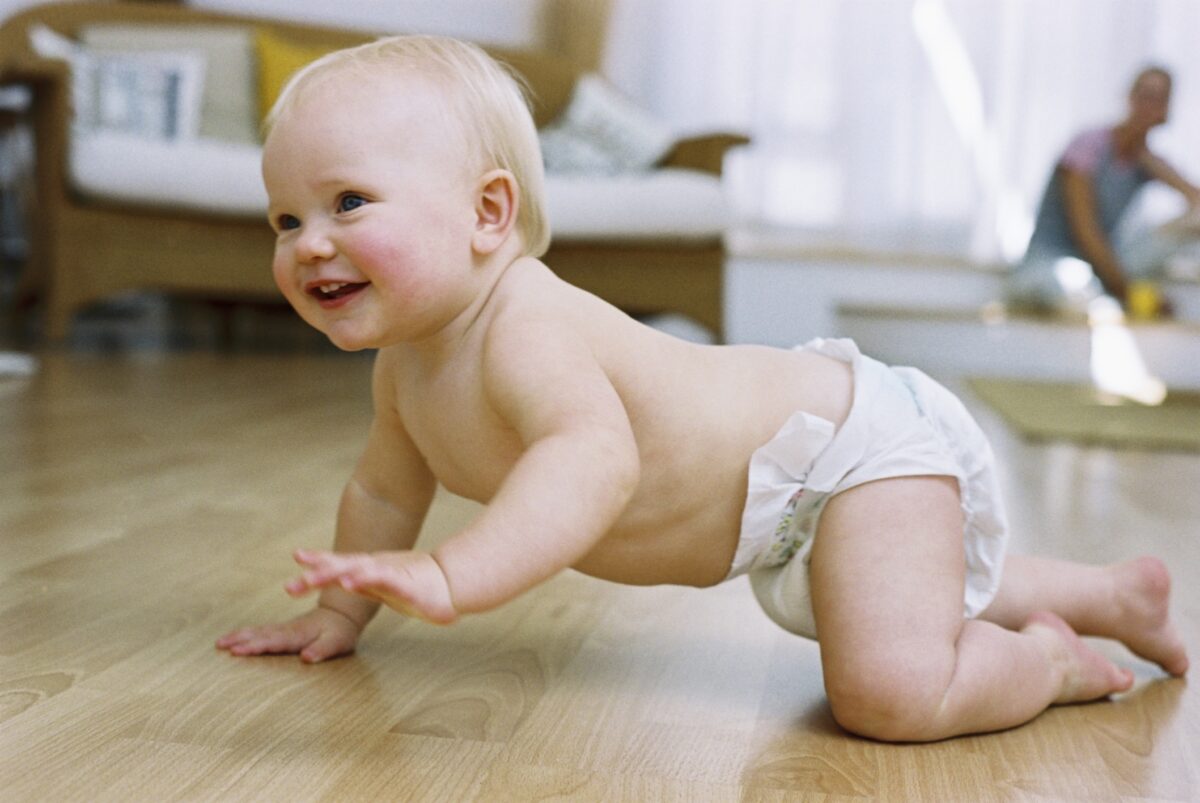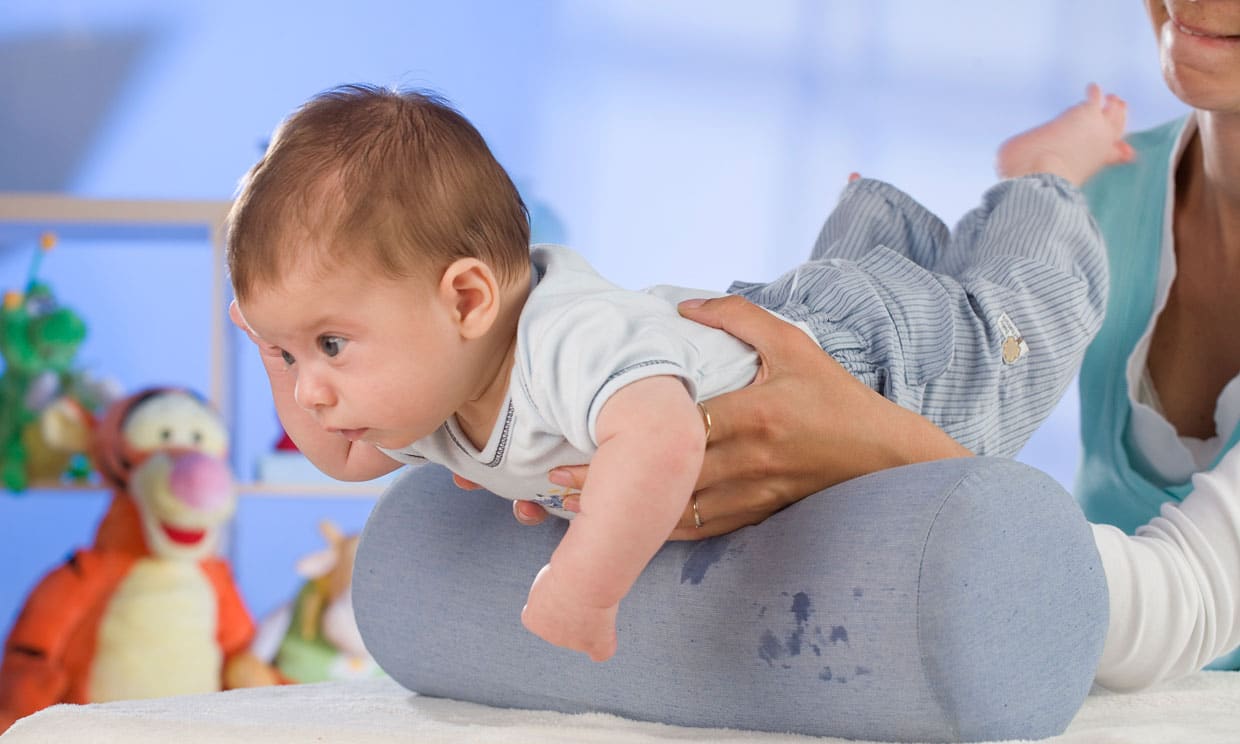
Anxiety is common in new parents. They often wonder when a baby crawlsWhen does he begin to taste solid foods, when will he take his first steps… And the list is long. It encompasses any small milestone that speaks to the growing maturity of the baby.
The truth is that we can actually talk about certain parameters when analyzing the moment in which a baby starts to crawl. It is known that some other milestones have to occur first that will give rise to this process of motor independence. And when we talk about milestones in the world of childhood, we refer to those changes that mark the evolution of a child.
the first crawl
The growth of a baby is not only marked by size or weight but also by those natural processes that speak of a baby's maturity. The baby is born with the sucking instinct but after a few weeks he begins to hold his gaze, then shows his first genuine smile. Later, he will try to lift and support his head, uncover his hands, and try to pick up objects. He will follow us with his eyes and little by little he will discover that he can interact with the world.
Around six months of life, babies begin to sit up on their own. In some cases, this occurs at 5 months, in others at 7 months. It is the first big step towards independence. Once they feel alone, they can crawl to look for objects and from there to crawling there are a few steps. Crawling is the next stage of the baby. It occurs between 6 and 10 months, depending on the baby and its psychomotor development.
At the beginning the crawling can be a bit… untidy perhaps? Do not expect all babies to crawl perfectly and like in television commercials. There are babies that start with a irregular crawling, in which they move or push themselves with only one leg. In other cases, the so-called I crawl backwards, which is very normal in many children. Then there are the babies who are a mix between a crawl and a crawl.
When does he crawl?
The important thing is to know that children continue their evolutionary process and that they show signs of motor progress. After holding their heads, picking up objects and sitting up on their own, this crawling arrives which, even in cases where it is messy, speaks of a new milestone in the baby's motor development.
And why not worry so much about the times and when a baby crawls? Because what needs to be analyzed is the evolution curve. There are more intrepid and physical babies who do everything ahead of time while others are calmer and what is expected at a certain age happens a little later. What is important is to register that the milestones continue the expected curve.
Thus, by 8 months it is expected that a baby starts to crawl: back, forward, sideways. But if this does not happen in a particular way, the important thing is to record other patterns that speak of evolution and growing motor development. The reason? There are babies who never crawl but skip this intermediate step towards what will be walking.

There are babies that after sitting down, move and others but do not crawl. As time goes by, they begin to stand up holding on to furniture or people and then begin to walk. While most babies go through this middle step, it doesn't always happen. Just as there are children who walk at 10 months and others around a year and a half.
In the world of childhood there are no exact times as there are many factors that influence the development of a child. The important thing is to pay attention to the evolutionary curve of each baby. And when in doubt, always consult the pediatrician who follows the child, who will be able to detect any possible problem.
